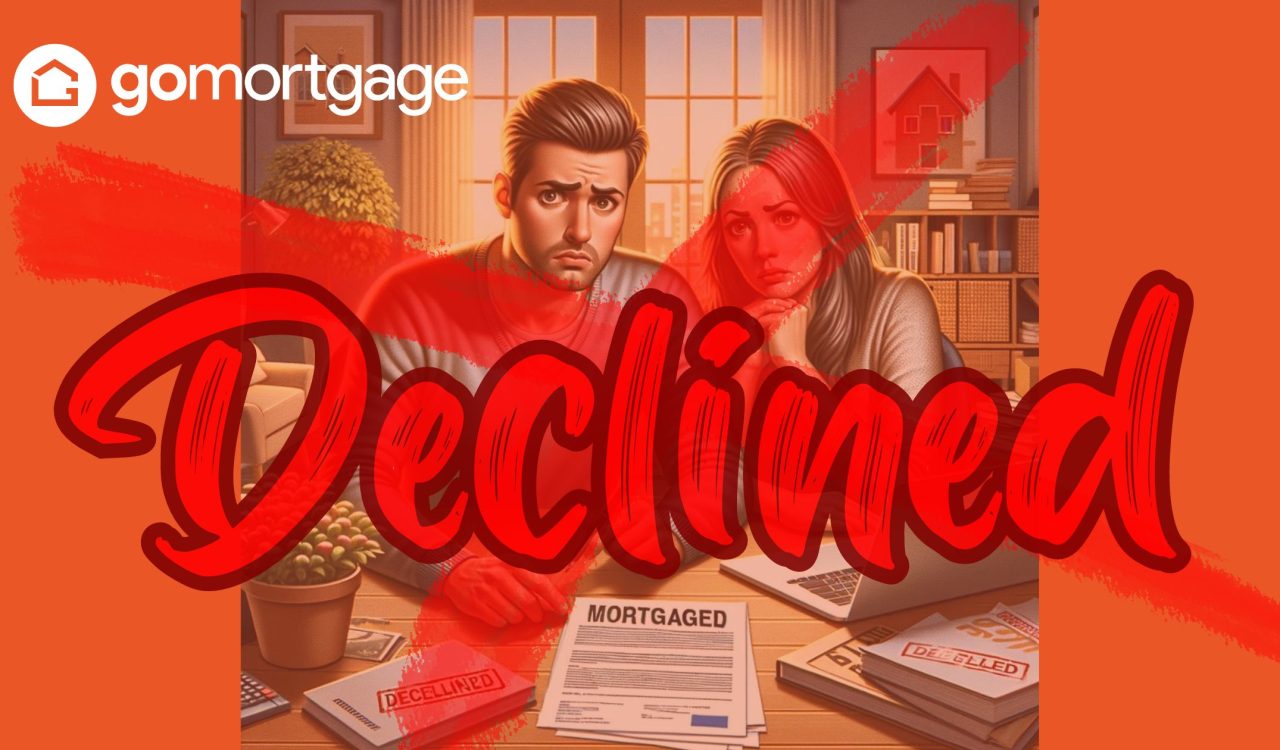Understand the Reason for the decline
Navigating a Mortgage Decline – Receiving a mortgage rejection can be disheartening, especially if you’ve been dreaming of owning your own home. However, it’s essential to remember that a declined application doesn’t mean the end of your homeownership journey. In fact, it can be an opportunity to reassess your financial situation, address any issues, and take steps to improve your chances of approval in the future. In this blog post, we’ll explore some practical tips for navigating a mortgage decline and getting back on track towards securing a mortgage.
The first step in navigating a mortgage decline is to understand why your application was rejected. Lenders typically provide a reason or explanation for the rejection, which can range from credit issues and insufficient income to affordability concerns or property-related issues. By identifying the specific reason for the decline, you can address any underlying issues and take appropriate action.
Review Your Credit Report
One of the most common reasons for mortgage rejections is poor credit history. If your application was declined due to credit-related issues, it’s crucial to review your credit report thoroughly. Obtain a copy of your credit report from one of the major credit reference agencies and check for any inaccuracies or discrepancies. Addressing errors on your credit report can potentially improve your credit score and increase your chances of approval in the future. We recommend Checkmyfile as they are a MULTI AGENCY REPORT, you can get a FREE Month by clicking on the following link https://link.gomortgage.co.uk/credit-report
Improve Your Credit Score
If your credit score is below the lender’s requirements, focus on improving it before reapplying for a mortgage. Start by making timely payments on existing debts, reducing outstanding balances, and avoiding new credit applications. Additionally, consider strategies such as becoming an authorised user on someone else’s credit card or using a credit-builder loan to establish a positive credit history.
Increase Your Income or Savings
Another factor that lenders consider when assessing mortgage applications is your income and savings. If your application was declined due to affordability concerns, explore ways to increase your income or savings. This could involve taking on additional work, negotiating a raise or promotion, or cutting expenses to save more towards a deposit. Increasing your income or savings can improve your debt-to-income ratio and make you a more attractive borrower to lenders.
Seek Professional Advice
Navigating a mortgage decline can be overwhelming, especially if you’re unsure about the next steps to take. In such cases, seeking professional advice from a mortgage advisor or financial expert can be invaluable. A mortgage advisor can review your financial situation, identify areas for improvement, and help you develop a tailored plan to strengthen your mortgage application. They can also provide guidance on alternative mortgage options or specialized lenders that may be more lenient towards your circumstances.
Conclusion
While receiving a mortgage decline can be disappointing, it’s important to remember that it’s not the end of the road. By understanding the reason for the rejection, reviewing your credit report, improving your credit score, increasing your income or savings, and seeking professional advice, you can take proactive steps towards securing a mortgage in the future. With determination, persistence, and the right support, homeownership may still be within reach.
Contact us if you need some help looking at your mortgage options – https://link.gomortgage.co.uk/website-contact-page






